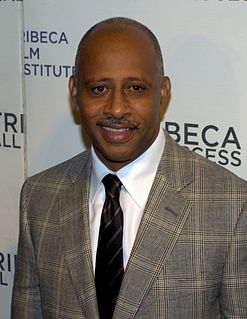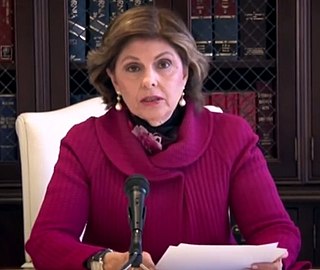A Quote by Deval Patrick
In the view of some people, you can only believe in civil rights if you work as a civil rights lawyer. I just don't buy that.
Related Quotes
In the summer of 1966, I went to Mississippi to be in the heart of the civil-rights movement, helping people who had been thrown off the farms or taken off the welfare roles for registering to vote. While working there, I met the civil-rights lawyer I later married - we became an interracial couple.
When you expand the civil-rights struggle to the level of human rights, you can then take the case of the black man in this country before the nations in the UN. You can take it before the General Assembly. You can take Uncle Sam before a world court. But the only level you can do it on is the level of human rights. Civil rights keeps you under his restrictions, under his jurisdiction. Civil rights keeps you in his pocket.
For black politicians, civil rights organizations and white liberals to support the racist practices of the University of Michigan amounts to no less than a gross betrayal of the civil rights principles of our historic struggle from slavery to the final guarantee of constitutional rights to all Americans. Indeed, it was practices like those of the University of Michigan, but against blacks, that were the focal point of much of the civil rights movement.
They came up with a civil rights bill in 1964, supposedly to solve our problem, and after the bill was signed, three civil rights workers were murdered in cold blood. And the FBI head, Hoover, admits that they know who did it, they've known ever since it happened, and they've done nothing about it. Civil rights bill down the drain.
For many years now, I have been an outspoken supporter of civil and human rights for gay and lesbian people. Gays and lesbians stood up for civil rights in Montgomery, Selma, in Albany, Ga. and St. Augustine, Fla., and many other campaigns of the Civil Rights Movement. Many of these courageous men and women were fighting for my freedom at a time when they could find few voices for their own, and I salute their contributions.
Contrary to the claims of the supporters of the Civil Rights Act of 1964 and the sponsors of H.Res. 676, the Civil Rights Act of 1964 did not improve race relations or enhance freedom. Instead, the forced integration dictated by the Civil Rights Act of 1964 increased racial tensions while diminishing individual liberty.
[Before the Civil Rights Act of 1964], many governments in southern states forced people to segregate by race. Civil rights advocates fought to repeal these state laws, but failed. So they appealed to the federal government, which responded with the Civil Rights Act of 1964. But this federal law didn't simply repeal state laws compelling segregation. It also prohibited voluntary segregation. What had been mandatory became forbidden. Neither before nor after the Civil Rights Act were people free to make their own decisions about who they associated with.































